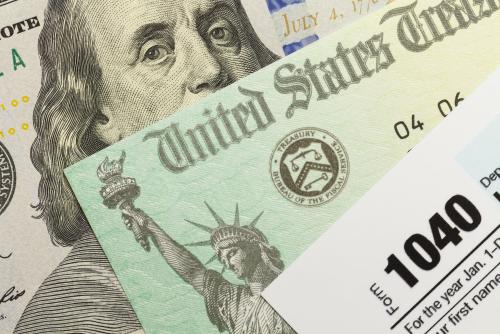Thanks for the great, thought-provoking post.
With regard to tariffs, I have not read that they were a "net positive" in any case, short-term or long-term. I appreciate that they could theoretically put pressure on trading partners in the long term, and I hope that is the case, given the fact that in the short term, consumer goods will definitely increase in cost.
The issue with tariffs is that they may affect the middle and lower classes more significantly, as they purchase many of the same consumer goods that the rich folks purchase. This seems to be counter to what people believed they were voting for this time around (cheaper groceries and commonly purchased items).
I chose a
very right-leaning website to illustrate, here:
https://www.heritage.org/trade/commentary/how-tariffs-and-regressive-trade-policies-hurt-the-poor
Also, your comments about administrations that reduce taxes need context. Decreases in taxes across the board
may stimulate growth and increase the overall tax base, but that isn't what the Trump administration plans to do, from what I read.
The new tax plan will be a big advantage for those making over $400,000 per year (the top 5%). It will benefit the top 1% even more. If you make a modest income, tax decreases will be very small or zero.
https://itep.org/a-distributional-analysis-of-donald-trumps-tax-plan-2024/
So, as I put the tax plan and the tariff plan together, it means that the very wealthy will continue to separate themselves from the common folk, and the middle class will continue to struggle with costs outpacing their net earnings. The very wealthy (like the guy running DOGE), know that this plan will work very well for that small group of people.
Lastly, I predict (not really that hard to predict with the tax breaks for the upper incomes), that the deficit will absolutely skyrocket in the coming four years. Both wings of big government probably have it wrong.
Read: Harris bad, Trump worse (for federal deficit). Here's a non-partisan link about this:
https://www.pbs.org/newshour/politi...d-increase-under-harris-but-surge-under-trump

www.ted.com


